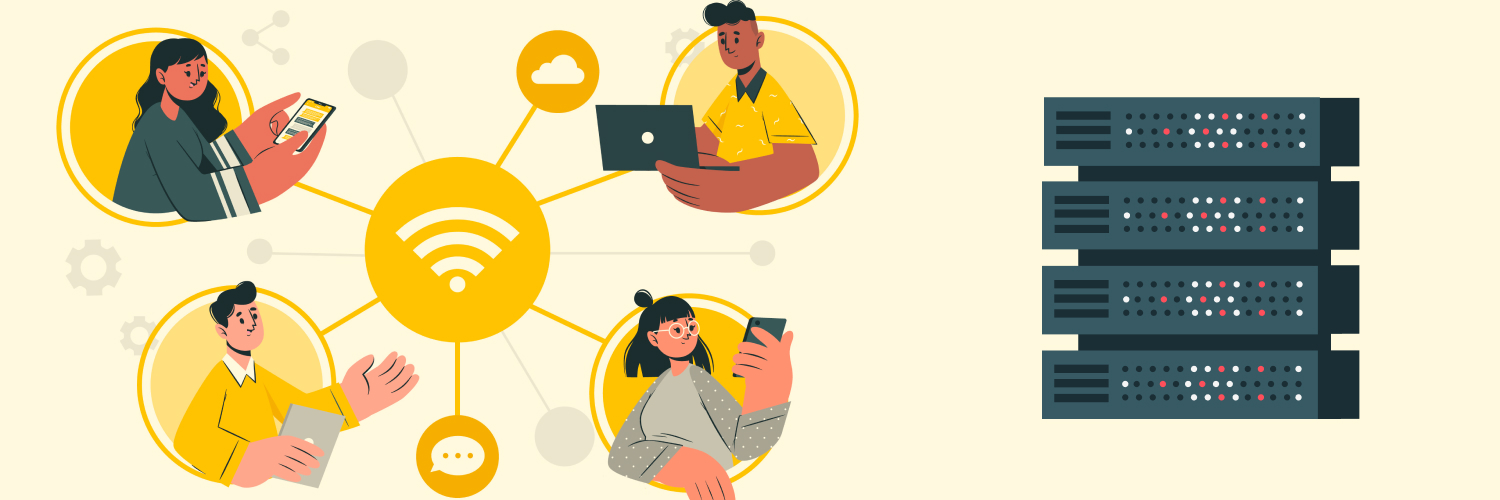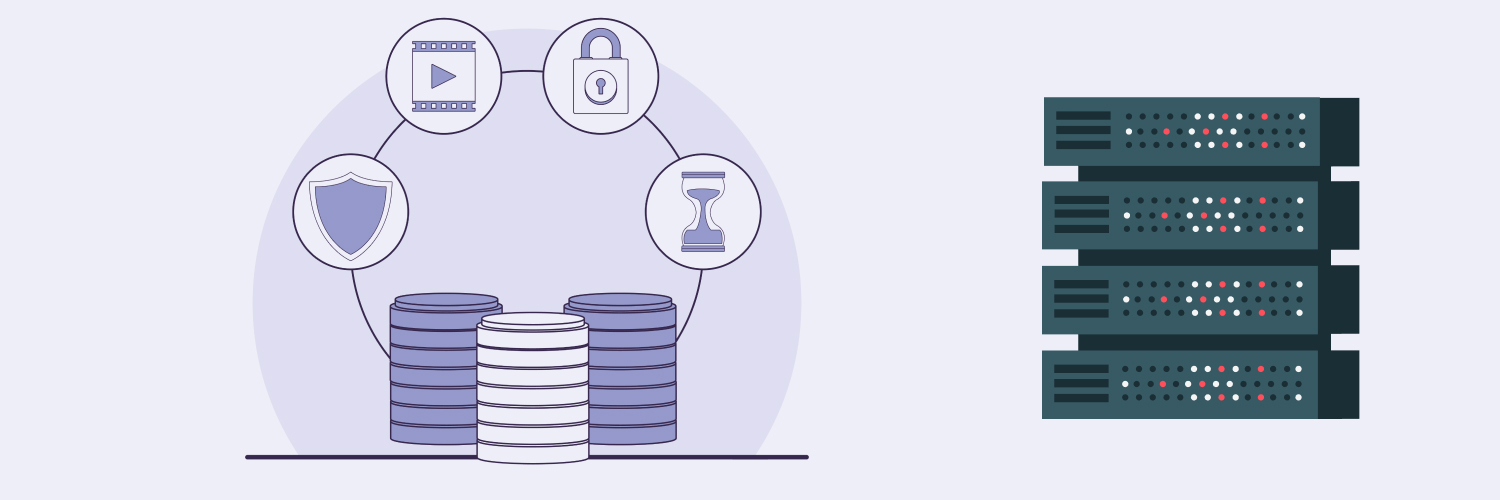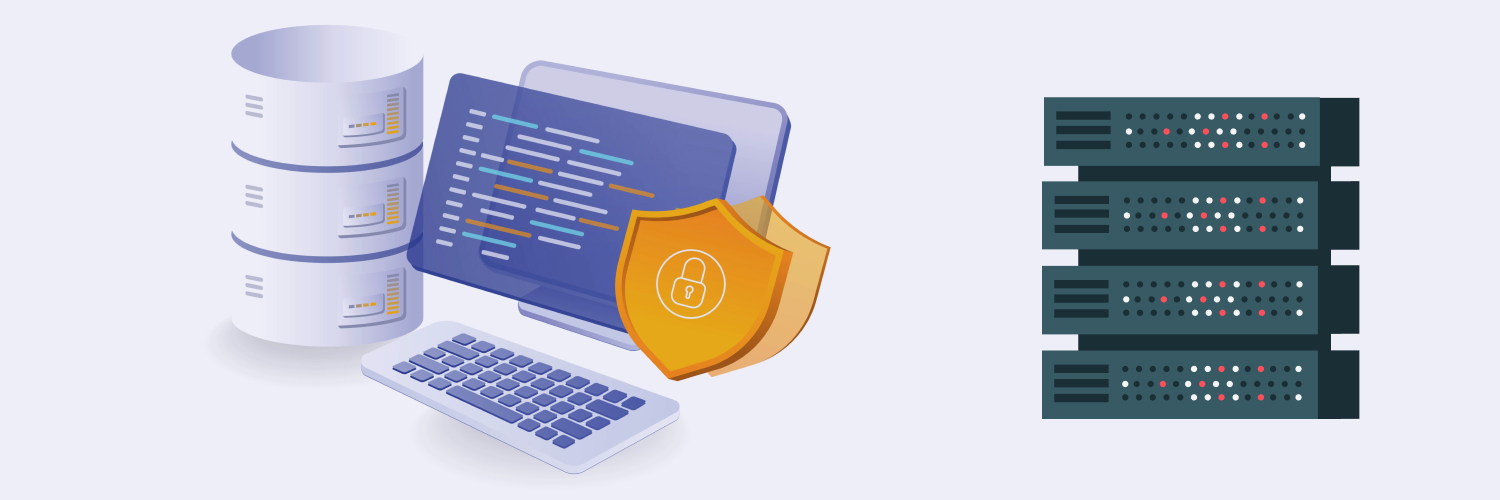What is DaaS (Data as a Service)?
Data is essential in the modern business world where there is much valuable insight buried in statistics and numbers about customer habits, market trends, and performance metrics. With Big Data, for example, organizations can make better-informed decisions by analyzing larger datasets with greater accuracy to gain insights that would normally remain unseen, allowing businesses to develop more effective strategies for growth and success, as well as better serve their customers through tailored experiences.
Furthermore, with the emergence of artificial intelligence and machine learning technologies powered by training data, businesses can gain even greater insight into their operations. AI-driven systems are increasingly being used to augment decision-making processes in areas such as customer service, marketing campaigns, and operational efficiency.
It all goes back to data. Indeed, the need for data can be exemplified by the rise of what is now called Data as a Service or DaaS. As the need for software provisioning resulted in the Software as a Service model, today, the demand for data and the success of the as-a-service model has inevitably seen an increasing number of organizations rely on DaaS markets.
So what is Data as a Service (DaaS), really?
What is Data as a Service (DaaS)?

Pop quiz: which of the following is true of data-as-a-service (DaaS) platforms?
- DaaS platforms provide users with access to ready-made datasets and analytics tools.
- DaaS makes it easier for businesses to manage their data in one place.
- DaaS is a cloud-based service allowing customers to quickly search, analyze and manipulate large amounts of structured or unstructured data from multiple sources.
- All of the above.
The answer’s obvious, but it’s also a little ambiguous without a little context.
DaaS is a cloud-based service designed to enable companies to securely access, store, transform, and/or deliver data in real time without having to invest in building or maintaining their own infrastructure. DaaS allows for more targeted analytics solutions and faster decision-making capabilities by enabling companies to have direct access — via APIs or web portals — to the data they need almost immediately.
To better contextualize a formal Data as a Service definition, however, it’s useful to take a look at where it came from. In the relatively short duration of Data as a Service history, one of the first legitimate uses of the term dates back to 2010, when it was (arguably) coined by the then-Chief of the United Nations Statistics Division (UNSD) Office and Technology Management Section, Zoltan Nagy.
Back then, Nagy said the popular approach was to distribute statistical data as goods, but a new model was emerging. He likened it to moving from a Data as Goods framework to a Data as a Service one — from handing out bottled water to installing a system of plumbing.
Data packaged as goods meant downloading one-time bulk bundles of information that are dated and require storage. You’ll also need in-house analysts and researchers to make the data actionable. Data modeled as a service, however, secured dynamic access to up-to-date data with storage provisioned alongside. These dynamic content providers and web mashup creators may also offer analysis, research, and other services that make the data actionable as they are provided.
Nagy even provided UNdata — the UNSD’s initiative to gather statistical information from various official sources into one dynamic content provider — as an example of a DaaS platform. It offered every option in the pop quiz above:
- It offered ready-made datasets, analytics tools, and data visualization options.
- It made it easier to manage Big Data in one place.
- It was a cloud-based service that allowed you to quickly search, analyze and manipulate large amounts of structured or unstructured data from multiple sources.
From these features and functionalities, a lot of potential use cases emerge:
- Enhanced business analytics – DaaS can give your business access to the data needed for complex analytics. Whether you’re dealing with little or a lot of data, DaaS helps expand that dataset. So, you can get a more accurate analysis. Plus, many providers offer telemetry from the Internet of Things (IoT) devices — giving extra perspective on what’s going on in the world around us and helping us get valuable insights.
- Improved market segmentation – Market segmentation helps businesses make smarter decisions, but it’s not the only use of DaaS. It can also help you understand how customers behave and thereby predict their needs and wants more accurately. By utilizing Big Data sets provided by DaaS providers — such as enriched customer data on those in niche markets like email marketing — you’ll gain access to critical insights into customer behavior and preferences that equips you with the knowledge needed to make informed decisions.
- Insights through benchmarking – With DaaS, you can access global data and generate benchmarking reports to compare your organization’s performance against peers. For example, the cloud enterprise management system Workday provides DaaS benchmarking capabilities to help evaluate overall financial performance, turnover rate, and leadership effectiveness. These reports can break data down into detailed percentile scores for an even fuller understanding of how you measure up.
Data Science as a Service market

Generating money from data does not mean just selling datasets for a price — it is far more complex than that. It is about finding, procuring, and showcasing insights from data. So, you get the most out of them. The data as a service business model isn’t about converting information into actual cash, but rather transforming useful knowledge into tangible value that someone will exchange for monetary remuneration or something deemed to be of equal worth.
Terms such as “data wrangling,” “data mining,” “data tuning,” and “data lakes” are becoming common in conversations; yet, they are only part of the Data as a Service solution. Below are some examples of data as a service (DaaS) models or use cases that can contextualize how DaaS powers modern organizations:
- PointsBet – PointsBet is powered by cloud-based data solutions, which allow it to stay compliant with global and local regulations while scaling its operations to meet the ever-changing demand of online gaming.
- AMPLYFI – AI startup AMPLYFI found a DaaS partner to quickly process a large amount of online data by using powerful web crawling capabilities that capture Deep Web data. The DaaS engineers worked on harvesting, structuring the data, and pinpointing the key details like exact publish date as well as geo-location or industry keywords.
- DMD Marketing – DMD Marketing employed a cloud-first strategy for data management, accelerating user access to key information and helping reduce processing times. Constantly updated data gives the company a competitive edge in its vertical.
- ClosingCorp – ClosingCorp offers residential real estate closing cost data for buyers and sellers to complete their transactions. Through partnered DaaS solutions, they gain valuable tax assessor and county recorder data automatically for their platform in real-time, eliminating the need for manual transfer of large updated datasets.
Benefits of Data as a Service Business Model

From the use cases above, you can distill a few consistent benefits to using DaaS.
Agility
The agility provided by DaaS makes it possible for users to make decisions faster because they can immediately interact with the necessary datasets without having to understand the underlying technology or infrastructure required to store and manage them. Additionally, making these datasets available via APIs enables easier integration into existing applications or systems. This again cuts down on time-to-market for businesses using DaaS solutions.
Examples of use cases where DaaS provided decisive agility include the following:
- Retailers can quickly gain insights into their customers’ buying habits through DaaS by accessing sales data from different departments and online stores. This data is stored in databases and connected directly to the retailer’s application architecture, creating a comprehensive picture of customer behavior across multiple product categories.
- Banks can build detailed customer profiles based on data from many external sources, while still keeping customers’ private financial information secure. They can do this by storing the info according to regulations and encrypting it within their own system.
- Telecom operators can use data as a service to access real-time usage metrics from their LTE/5G cell towers over different geographic areas. This information is available through specific public APIs, making it easier and faster for these telecom operators to gain insights into customer behavior in those regions.
Financial Flexibility
DaaS offers organizations financial flexibility in how they choose to manage their data resources. With DaaS, companies can deploy data-driven services without having to invest upfront in the hardware and personnel needed to maintain a legacy system. This reduces costly licensing fees, MIPS usage charges, and associated hardware maintenance costs that can compete with other organizational needs for budget dollars.
Furthermore, with cloud-based data service providers taking charge of continual testing and maintenance, organizations no longer need to rely on their own IT departments or teams for upkeep — saving them from high spending commitments associated with traditional approaches to managing big-data systems commonly used in enterprise environments.
Data Quality
By providing access to data through a single, centralized platform, companies can easily maintain the highest levels of accuracy and integrity in their information. With DaaS, organizations can track changes made over time with speed and precision, leading directly to improved data quality — one of its greatest advantages.
Instead of relying on multiple, individual sources that are often out of date and need to be manually updated, DaaS allows us to track all changes from one central platform. This makes it much easier for those with different levels of access and permission who rely on the same data in various ways within an organization. This kind of corrective oversight also helps ensure compliance regulations are met — an increasingly paramount issue as consumer protection measures grow more stringent across international markets.
Additionally, you don’t have to develop robust algorithms individually or carry out expensive migrations among your IT architectures that then need rapid synchronization whenever something new arises. With cloud-based platforms, various applications can quickly sync up and update in real-time without any delays. This is a revolutionary advancement that allows you to direct your energy into creating important products — like those transforming customer experiences — instead of having to use limited resources on laborious data tasks.
Cloud Flexibility
DaaS offers businesses an incredible amount of cloud-based flexibility when managing their data. By hosting their data in the cloud, companies can effortlessly scale up or down depending on business needs like seasonality and fluctuations in customer demand. This gives organizations greater agility to rapidly respond to changing conditions without needing long setup times or costly infrastructure expansions.
This inherent cloud flexibility also expedites analytic processes. Machine learning and AI algorithms are applied more quickly as there’s no need for manual configuration changes before running queries against stored information databases hosted offsite. These attributes result in empirical gains that become quite tangible over extended periods of use — leading towards higher ROI and accelerated timelines that previously would not have been possible due to dated technologies and limited in-house resources.
Leverage Data with Reliable Proxy Infrastructure

One of the technological foundations of many DaaS models is web scraping. The top data as a service companies provide curated, high-quality data to their customers by relying on proxy infrastructure for their web scraping needs.
Proxy servers allow them to send requests through many different IP addresses at once and mask the origin of the request. So, they can scrape faster and be less detected by anti-scraping technologies like captchas. Additionally, proxy services make it easier to anonymize collected data while keeping latency low with geo-specific proxies that improve response times from target websites located in other countries or regions worldwide. With powerful tech solutions such as AI algorithms powering efficient extraction methods — combined with secure proxies — data sets are quickly acquired according to client needs. This makes valuable data conveniently accessible to organizations that previously did not have time or resources allocated toward manual collection efforts.
Maximizing efficiency is key when it comes to extracting data. That’s why Rayobyte offers only the most reliable, cutting-edge proxy servers. Our technology allows you to better manage resources while also operating under the radar, giving you a competitive advantage. Plus, with our Scraping Robot and other tools, you won’t have any trouble getting started on whatever path works best for your data as a service program. Give us a try today!
The information contained within this article, including information posted by official staff, guest-submitted material, message board postings, or other third-party material is presented solely for the purposes of education and furtherance of the knowledge of the reader. All trademarks used in this publication are hereby acknowledged as the property of their respective owners.






